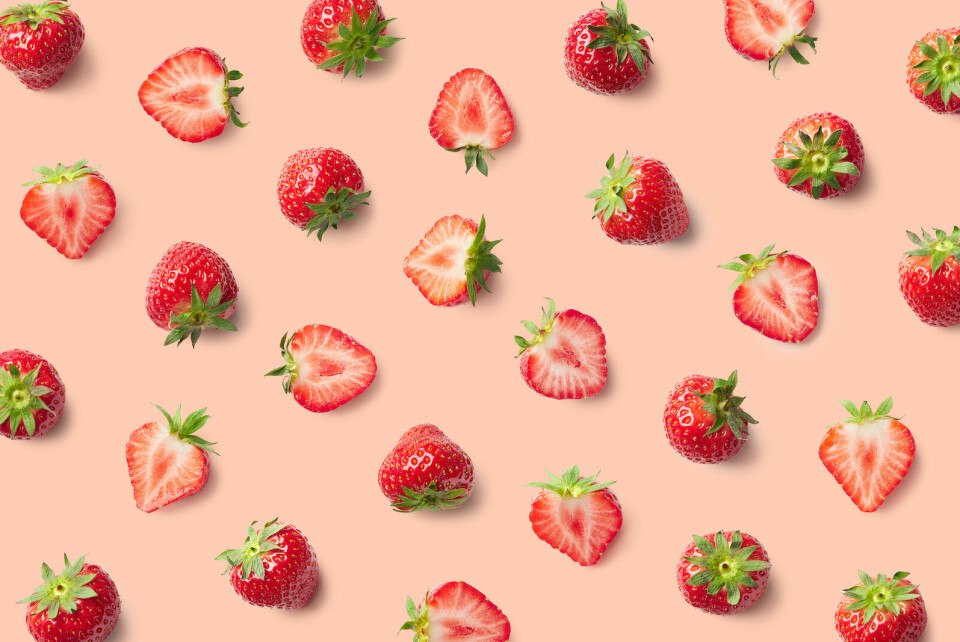-
When and why do we say blanc bonnet et bonnet blanc?
A phrase to use when two things are very similar
-
Chut! When French sounds become words
Learn when to use these common onomatopoeiac words in France
-
French words and sayings for celebrating New Year
A vocab guide for welcoming the new year in France
Learning French: Eight food idioms for when things go wrong
In France food is not just for eating, it's also for complaining. Here are our favourite food-related expressions to use when the going gets tough

Given the French obsession for food, food-related idioms are commonplace when expressing situations that are going badly in everyday life.
La moutarde me/lui monte au nez
Certain items are used in expressions of annoyance, such as La moutarde me/lui monte au nez. Literally, this is ‘the mustard is getting up my/his nose’ and refers to getting wound up into a state of anger.
Tourner au vinaigre
A situation can easily tourner au vinaigre (turn to vinegar, or turn sour) if it is getting worse. And to put a third vinaigrette ingredient to linguistic use, you can say mettre de l’huile sur le feu – put oil on the fire, i.e. to make a situation worse.
Avoir du pain sur la planche
Too much to do and too little time? Avoir du pain sur la planche is the phrase to use meaning ‘too much bread on the board'.
C’est la fin des haricots
If things are really tough and you have run out of money, or food, then c’est la fin des haricots – translated as ‘it’s the end of the beans’. Traditionally, beans were the last items to be eaten, so once gone, the cupboard was bare.
Ramener sa fraise
If someone joins in a conversation without being invited to do so – the equivalent of ‘sticking one’s oar in’ – they are said to ramener sa fraise (to ‘bring back one’s strawberry’, referring simply to their head).
Mettre son grain de sel
To stick their nose in might be another translation – you can also use mettre son grain de sel for this. (Put your grain of salt in).
Ce n’est pas de la tarte
To say something is tricky or hard going, use ce n’est pas de la tarte – ‘this is not cake’ – the inverse use of the English phrase ‘this is a piece of cake’.
Vouloir le beurre et l’argent du beurre
Talking of cake, if you want to accuse someone of ‘having their cake and eating it' the phrase to use is vouloir le beurre et l’argent du beurre – this means ‘to want the butter and the money from [selling] the butter’.
























